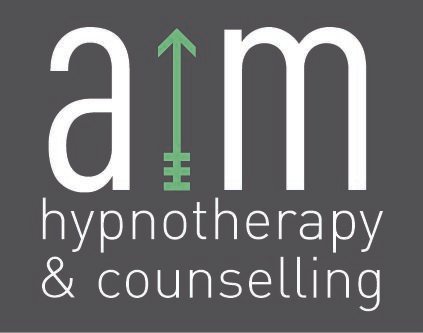New Research out of UBC finds a correlation between people's use of redemptive language when speaking about their struggles with Alcohol Abuse and the length of their sobriety. Essentially they are trying to find scientific evidence to support the notion that people who are able to put a positive spin on their difficult stories will fare better on their road to recovery. Although the power of positive thinking and redemptive self growth in the face of adversity is something many people would instinctively agree with it has important implications for public health programs when these things find scientific support.
Here is what they say on their website:
Alcoholism and Emotions Project
This
line of research, funded by the Michael Smith Foundation for Health
Research of B.C. and the Canadian Institute for Health Research (CIHR),
aims to examine the role of emotions and attributions in influencing the
behavioral and health outcomes of recovering alcoholics. The primary
goal of the research is to test alcoholics who tend to experience
certain self-conscious emotions (e.g., guilt, authentic pride) fare
better over the long-term compared to those who experience other
self-conscious emotions (e.g., shame, hubristic pride). Supporting this
hypothesis, research led by Dan Randles found that newly sober
alcoholics who nonverbally display shame while discussing the last time
they drank (prior to sobriety) are more likely to have relapsed 4 months
later, and to have declined in health over time as well. However,
because we collected a large amount of data thus far in this project
(i.e., numerous questionnaires and verbal and nonverbal assessments in
over 150 recovering alcoholics, both newly sober and long-term sober), a
number of other findings are emerging as well. For example, in work led
by Will Dunlop, we have found that participants who, when discussing
the last time they drank, tend to talk about the event in redemptive
terms (i.e., as leading to positive personality change following a low
point, or ‘bottoming out’), are far more likely to maintain sobriety
months later compared to those who do not discuss their past drinking in
redemptive terms. These findings point to possible interventions for
future research on addiction, and are consistent with longstanding
theoretical accounts, from the narrative literature (e.g., the work of
Dan McAdams), on the importance of redemption for mental health
